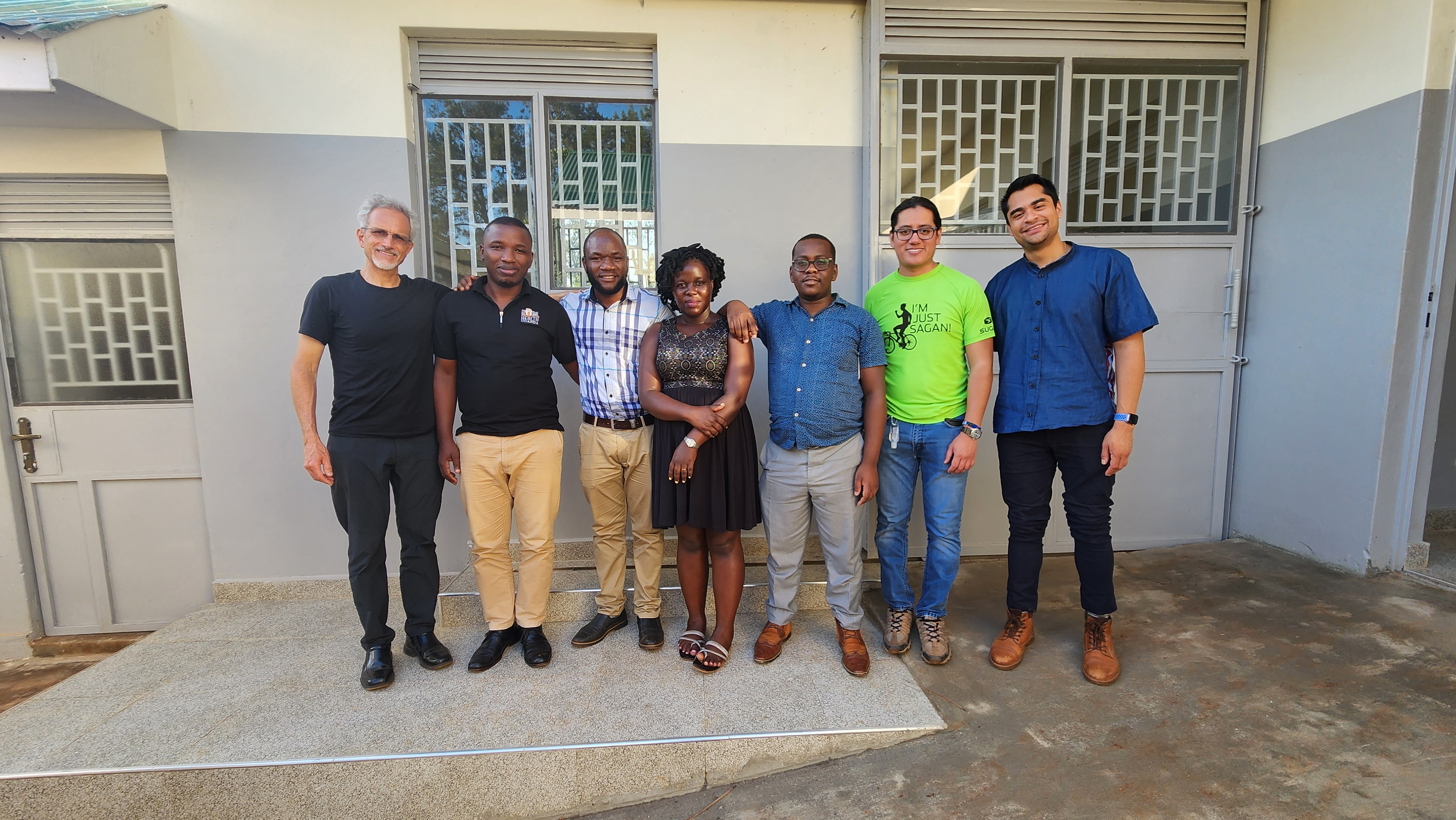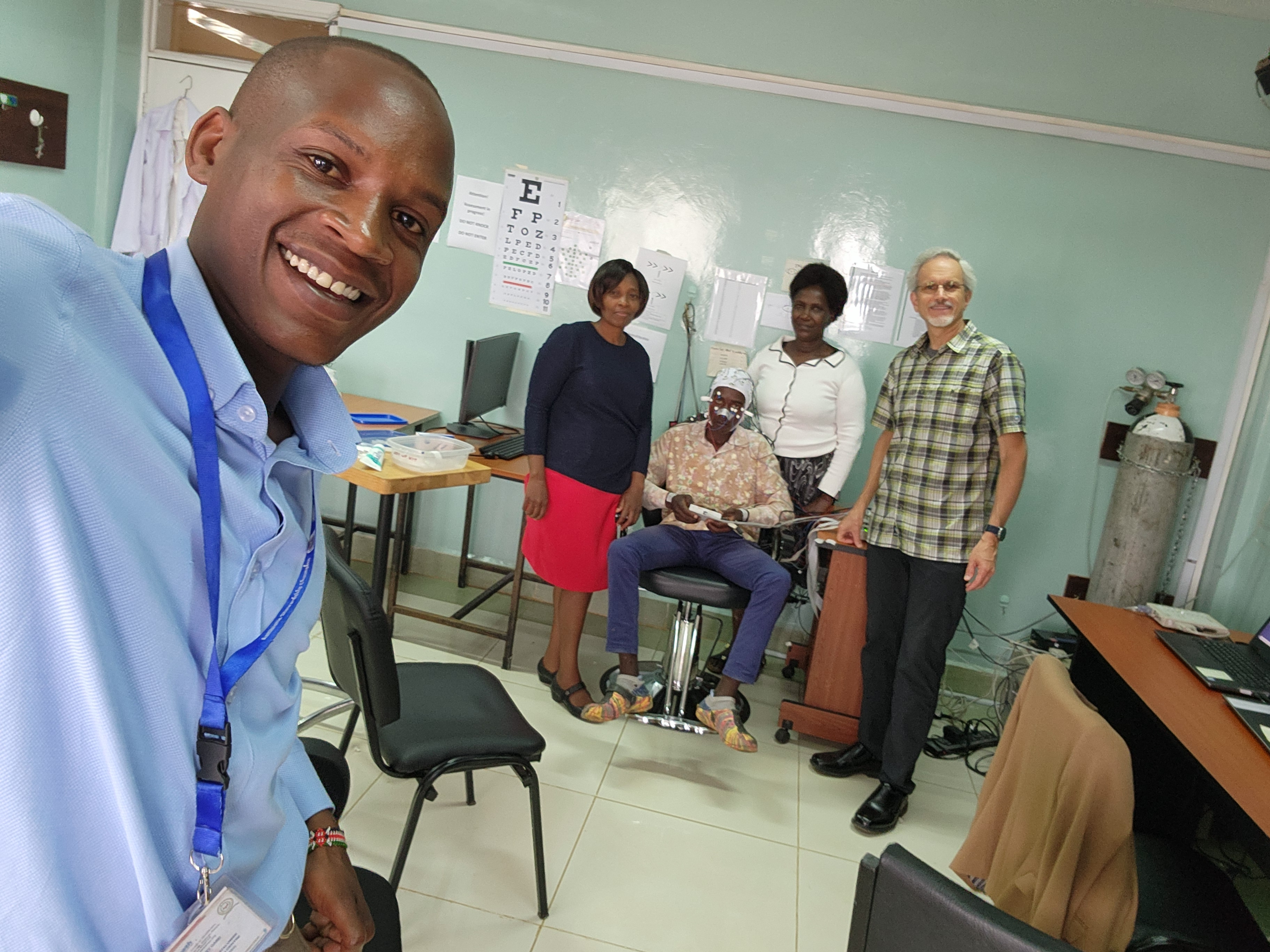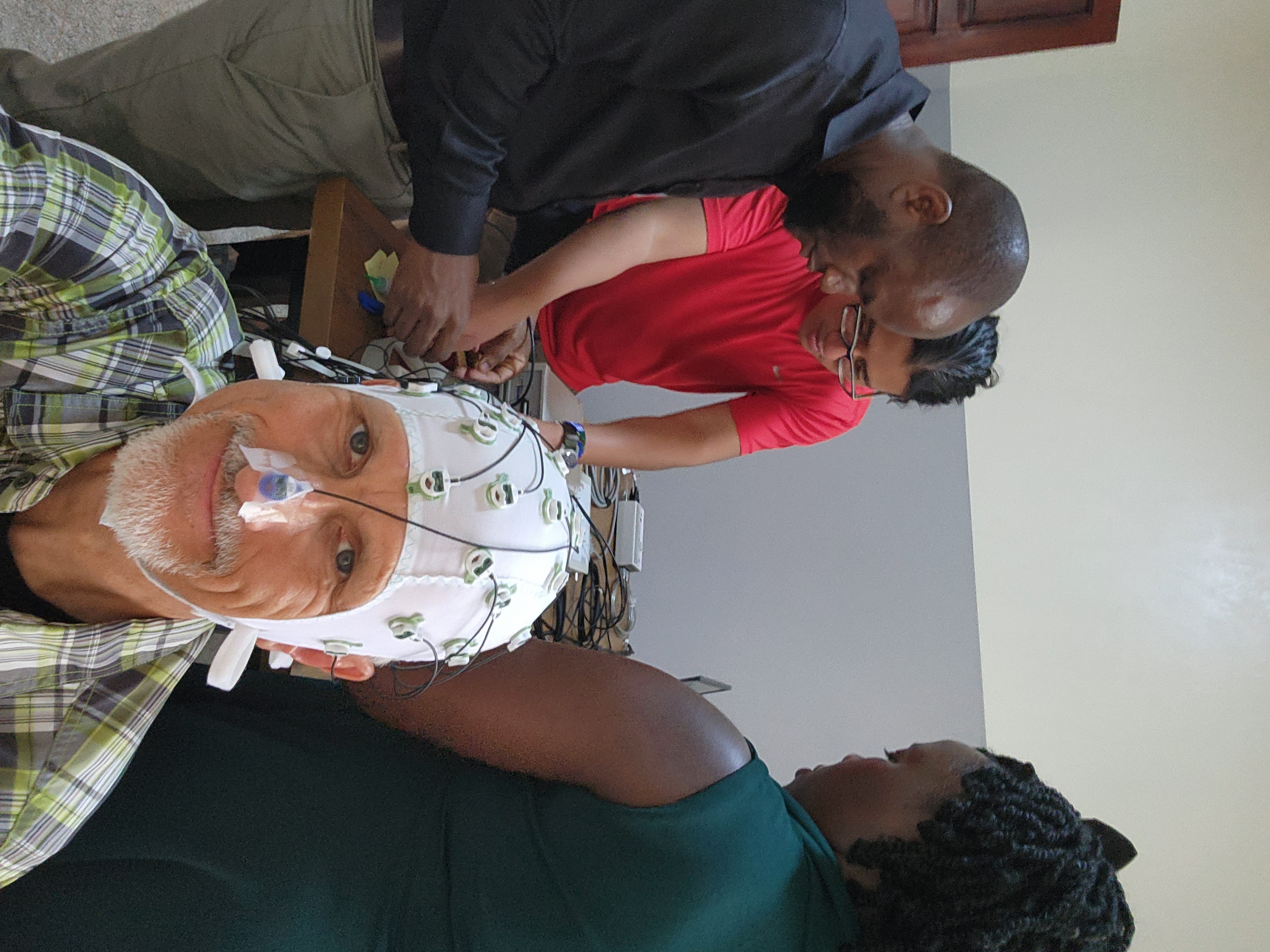*Forsyth, J.K., *Bolbecker, A.R., *Mehta, C.S., *Klaunig, M.J., Steinmetz, J.E., O'Donnell, B.F., & Hetrick W.P. (2012). Cerebellar dependent Eyeblink Conditioning Deficits in Schizophrenia Spectrum Disorders. American Journal of Psychiatry, 166, 460 466.
*Bolbecker, A.R., Hetrick, W.P.,*Johannesen, J.K., O'Donnell, B.F., Steinmetz, J.E., and Shekhar, A. (2009). Secretin effects on cerebellar dependent motor learning in schizophrenia.Schizophrenia Bulletin, 38 (4), 751-759. doi: 10.1093/schbul/sbq148
Bolbecker A.R., Kent, J.S., Petersen, I.T., Klaunig, M.J., Forsyth, J.K., Howell, J.M., Westfall, D.R., O'Donnell, B.F., & Hetrick, W.P. (2013). Impaired Cerebellar Dependent Eyeblink Conditioning in First Degree Relatives of Individuals With Schizophrenia. Schizophrenia Bulletin, http://www.ncbi.nlm.nih.gov/pubmed/23962891
Kim, D.J., *Kent, J.S., Bolbecker, A.R., Sporns, O., Cheng, H., Newman, S.D., Puce, A., O’Donnell, B.F., Hetrick, W.P. (In Press). Disrupted Modular Architecture of Cerebellum in Schizophrenia: A Graph Theoretic Analysis. Schizophrenia Bulletin, 38 (4), 751-759. doi: 10.1093/schbul/sbq148
*Carroll, C.A., *Boggs, J., O'Donnell, B.F., Shekhar, A., Hetrick W.P. (2008). Temporal Processing Dysfunction in Schizophrenia.Brain and Cognition, 67, 150-161.
*Carroll, C.A., O’Donnell, B.F., Shekhar, A., & Hetrick W.P. (2009). Timing dysfunctions in schizophrenia span from millisecond to several second durations. Brain & Cognition, , 70, 181 90.
*Carroll, C.A., O’Donnell, B.F., Shekhar, A., Hetrick W.P. (2009). Timing dysfunctions in schizophrenia as measured by a repetitive finger tapping task. Brain & Cognition, 71, 345 353.
*Forsyth, J.K., *Bolbecker, A.R., *Mehta, C.S., *Klaunig, M.J., Steinmetz, J.E., O'Donnell, B.F., & Hetrick W.P. (2012). Cerebellar dependent Eyeblink Conditioning Deficits in Schizophrenia Spectrum Disorders. Schizophrenia Bulletin, 38 (4), 751-759. doi: 10.1093/schbul/sbq148
*Johannesen, J.K., *Kieffaber, P.D., O'Donnell, B.F., Shekhar, A., Evans, J.D., Hetrick W.P. (2005). Contributions of subtype and spectral frequency analyses to the study of P50 ERP amplitude and suppression in schizophrenia. Schizophrenia Research, 78, 269-284.
*Johannesen, J.K., *Bodkins, M., O'Donnell, B.F., Shekhar, A., Hetrick W.P. (2008). Perceptual Anomalies in Schizophrenia Co occur with Selective Impairments in the Gamma Frequency Component of Mid latency Auditory ERPs. Journal of Abnormal Psychology, 117, 106-118.
*Brenner, C.A., *Kieffaber, P.D., Clementz, B.A. *Johannesen, J.K., Shekhar, A., O'Donnell, B.F., & Hetrick W.P. (2009). Early Event related Potential Abnormalities in Schizophrenia: A Failure to "Gate In" Salient Information? Schizophrenia Research, 113, 332 338.
Hetrick W.P., *Erickson, M.A., & Smith, D.A. (2012). Phenomenological Dimensions of Sensory Gating. Schizophrenia Bulletin, 38, 178 191.
*Asterisks indicate advisees.




